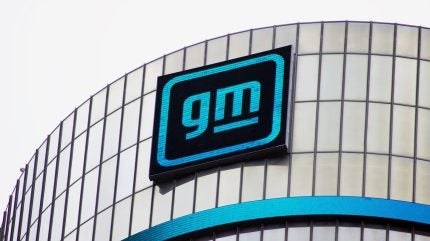
General Motors (GM) has reportedly outlined plans to import batteries from China’s Contemporary Amperex Technology Co. Limited (CATL) for its forthcoming Chevrolet Bolt EV model.
This will support GM’s EV rollout while it advances its US battery manufacturing capabilities with partner LG Energy Solution.

Discover B2B Marketing That Performs
Combine business intelligence and editorial excellence to reach engaged professionals across 36 leading media platforms.
The decision, initially reported by The Wall Street Journal, involves a two-year period during which GM will source lithium iron phosphate (LFP) batteries from CATL.
Production of the latest Bolt model is scheduled to commence at the Fairfax Assembly Plant in Kansas towards the end of this year, with the vehicle anticipated to arrive at dealerships in 2026.
GM’s choice to import batteries from China reflects the challenges automakers face in balancing cost with the implications of existing US tariffs. These tariffs, recently introduced by President Donald Trump’s administration, add a financial burden to imported goods, including EV components, according to Bloomberg.
GM said: “To stay competitive, GM will temporarily source these packs from similar suppliers to power our most affordable EV model.”
CATL’s technology is said to offer an affordable alternative to batteries containing higher amounts of nickel and cobalt.
In an effort to strengthen its supply chain, GM has entered into a multi-year contract with Noveon Magnetics, a provider based in the US, for the supply of rare earth magnets.
These magnets are essential for a variety of vehicle applications, including GM’s range of trucks and SUVs. The partnership with Noveon has already commenced, with the initial delivery of magnets occurring last month.
Previously, GM experienced a significant decline in earnings, attributing a loss of $1.1bn in the second quarter to the adverse effects of trade tariffs.
The company indicated that efforts to offset these impacts were largely ineffective. Consequently, net earnings fell to $1.9bn, a decrease of more than 33% compared to the previous year, even though the number of vehicles sold worldwide increased from 1.43 million in the second quarter of 2024 to 1.54 million in the same period of 2025.




